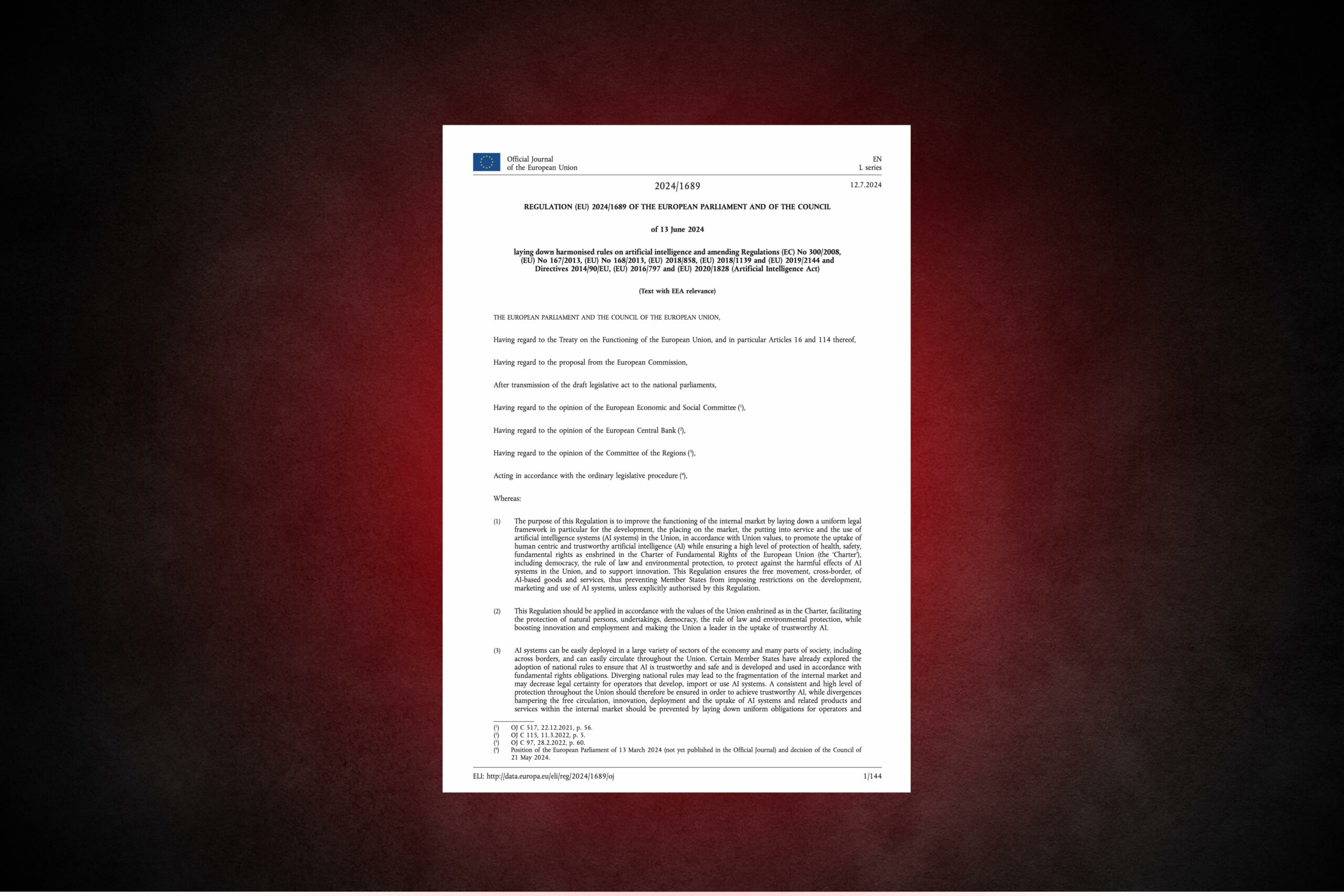Here’s the fourth video of my series dealing with the article entitled “Antitrust Without Romance” (to be downloaded over here).
This post discusses the use of moral concepts in antitrust law, and I’ll take fairness as an example showing that antitrust law is (1) ineffective, (2) counterproductive and (3) outside the rule of law when it does not pursue objectives that can be quantified and assessed by courts.
(1) First, on the ineffectiveness of moral concepts and legal certainty:
Quoting Professor Areeda, moral concepts make antitrust law “a vagrant claim applied to any value that one happens to favor.” It follows that a conduct could be seen as being fair in one situation, but unfair in another, depending on who is judging it, and when. Differently put, the outline of moral concepts is necessarily drawn from personal experience.
For that reason, they do not provide companies with any guidance on how to act in a given situation nor antitrust authorities on how to create sound policies because what is fair simply depends on one’s feelings and sentiments. This probably explains why the European Commission did not even attempt to define the concept of fairness in its 2018 “Proposal for an EU Regulation on fairness and transparency in online platform trading.”
(2) Second, on the undesirability of moral concepts, even if better defined:
Transposed into law, moral concepts such as fairness are leading to the protection of a few companies when they are first applied, while potentially creating a rule contrary to the general interest in subsequent cases. We see the danger already, fairness is often opposed to economic prosperity by top officials arguing that the first should be preferred.
(3) Third, on the violation of the rule of law:
According to the founding texts of the FTC, the DOJ Antitrust Division and DG Comp, their role is clear: to protect economic interests and act upon certainty. In short, they have the functional role of protecting the proper functioning and development of markets. THAT’S IT, and that’s already quite a lot. There is nothing to suggest that antitrust authorities should ensure the morality of markets or even consider political distortions. Of course, those are important things that we should care about, and yet, using antitrust law to protect them amounts to a violation of the rule of law. And please, let’s get rid of the analysis of senators and deputies’ hidden intention at the time they first drafted these laws. We are lawyers, we can interpret the law, but we can’t create new rules and new powers based on some presupposed intentions.
Download “Antitrust Without Romance” over here for more on that subject








